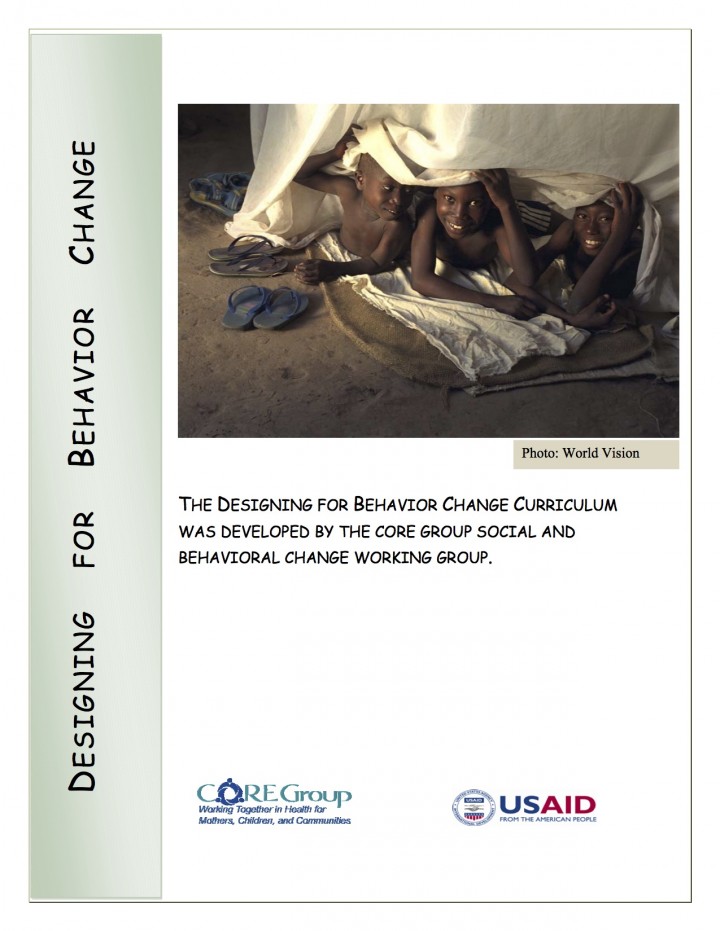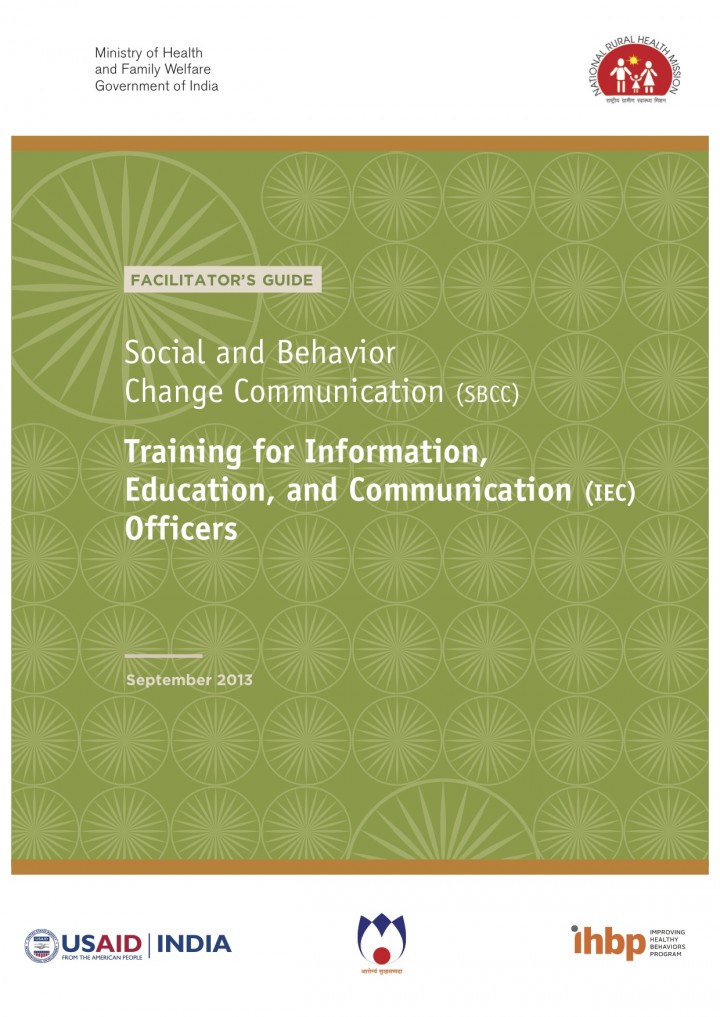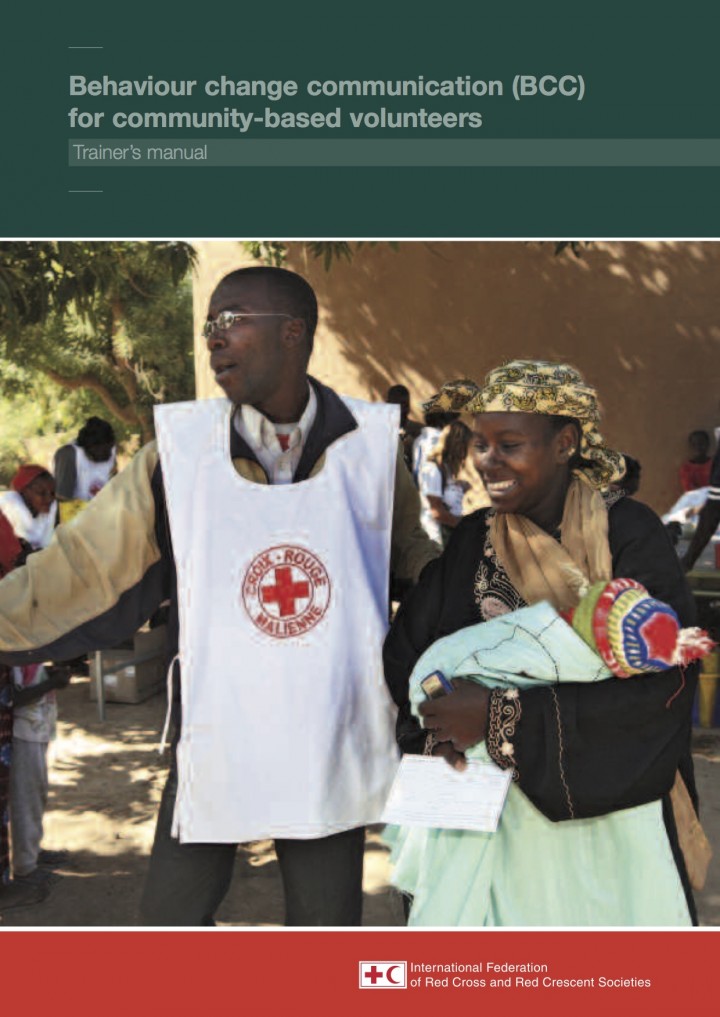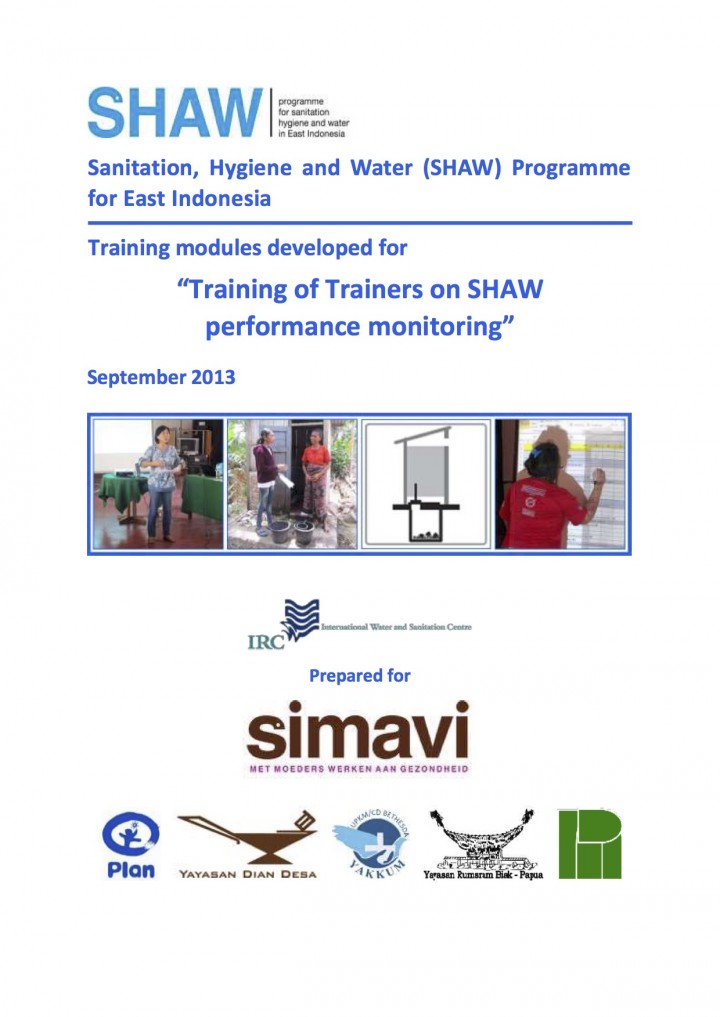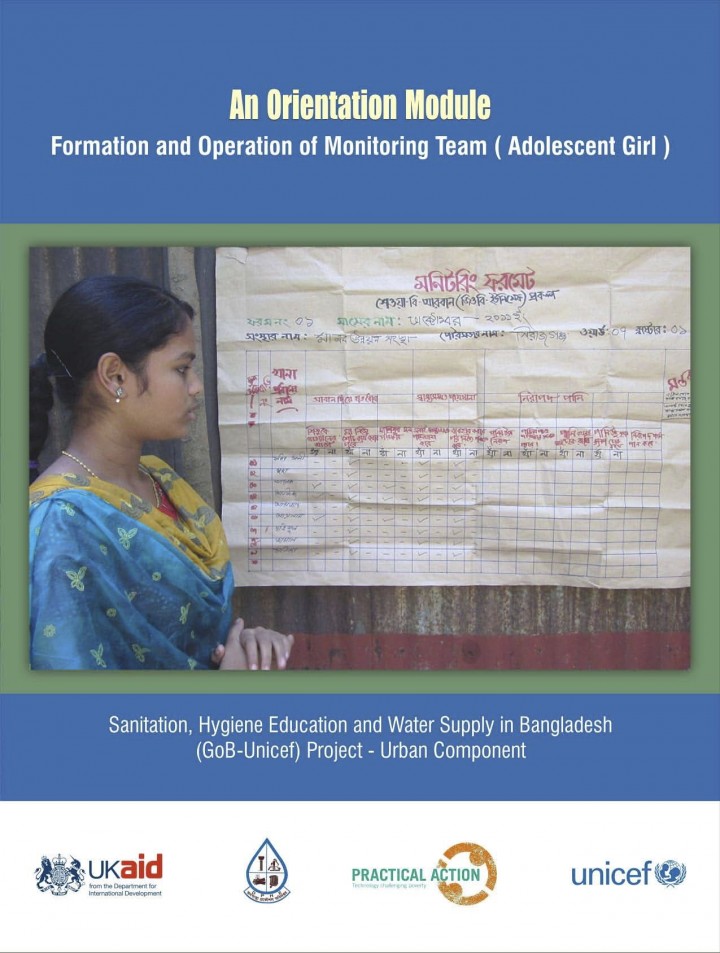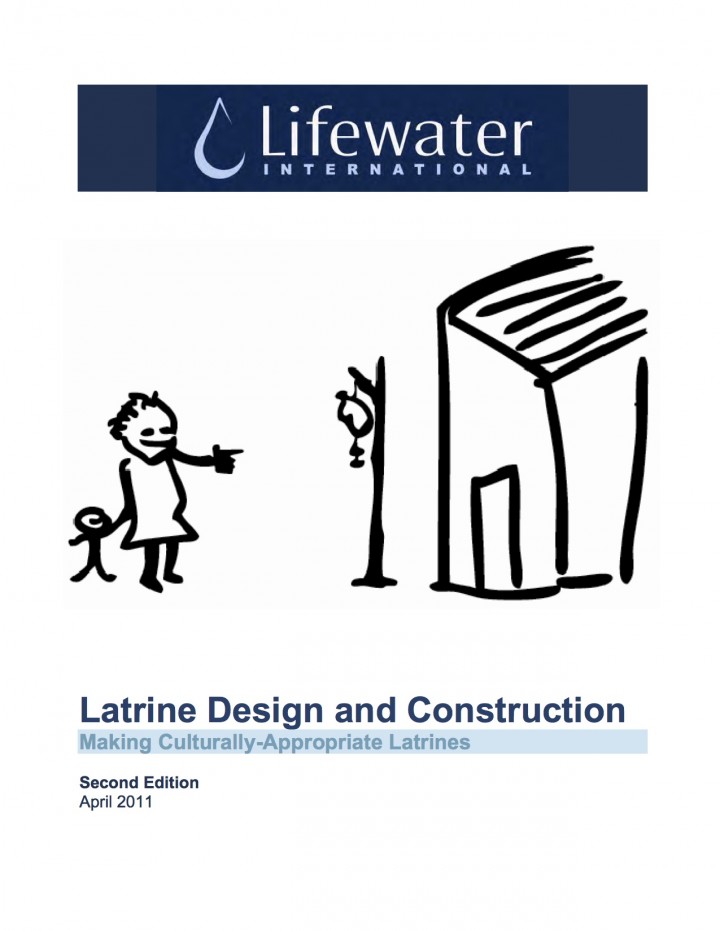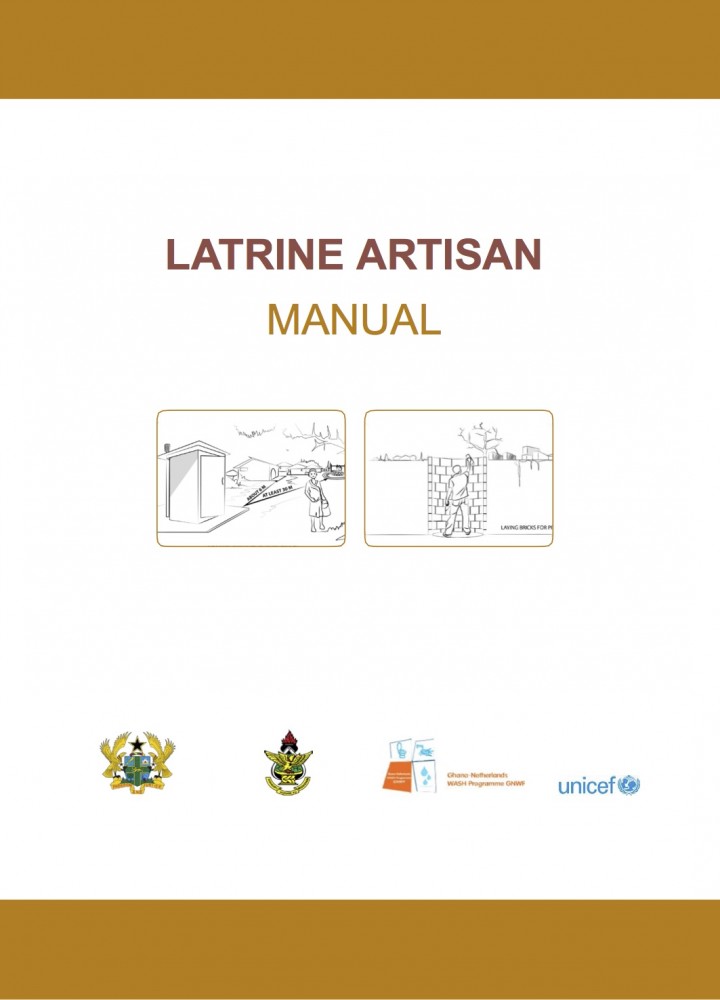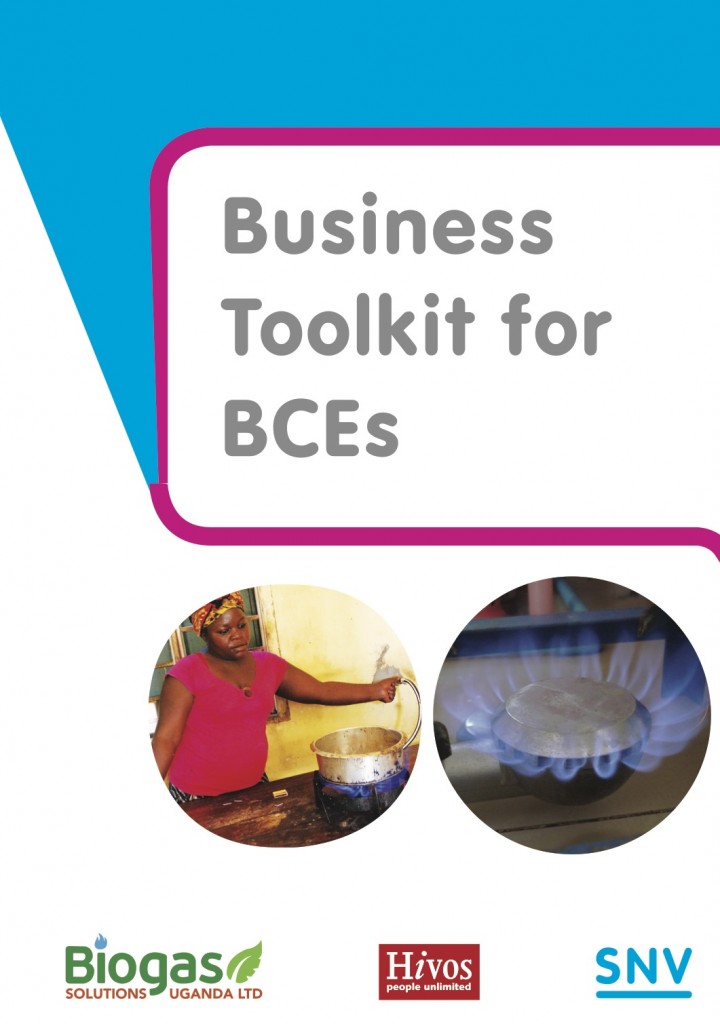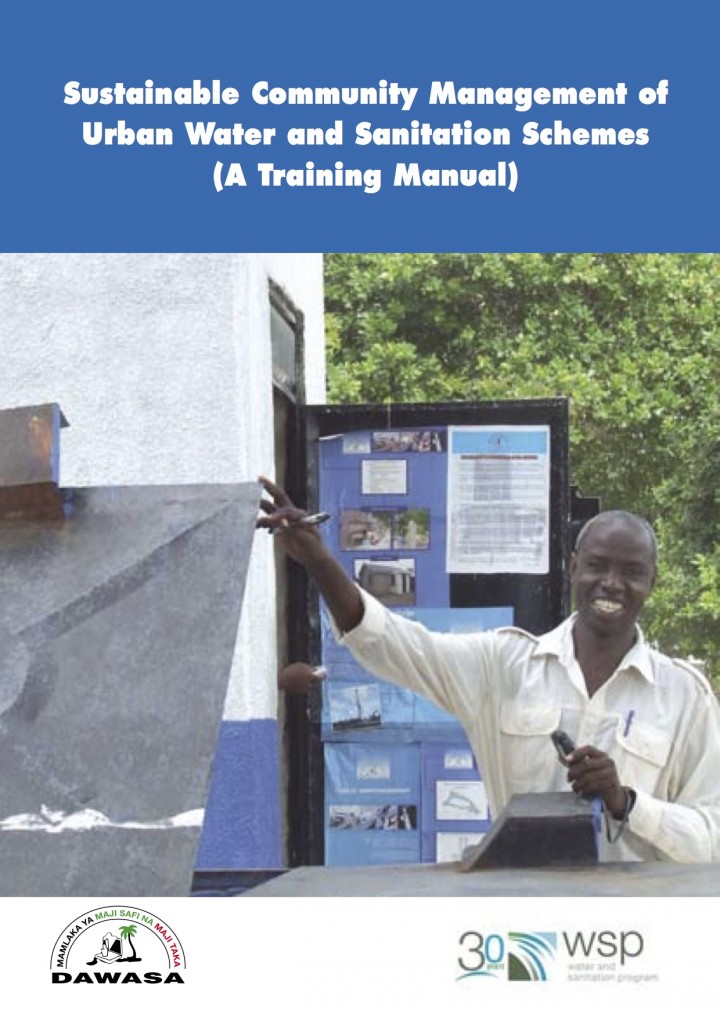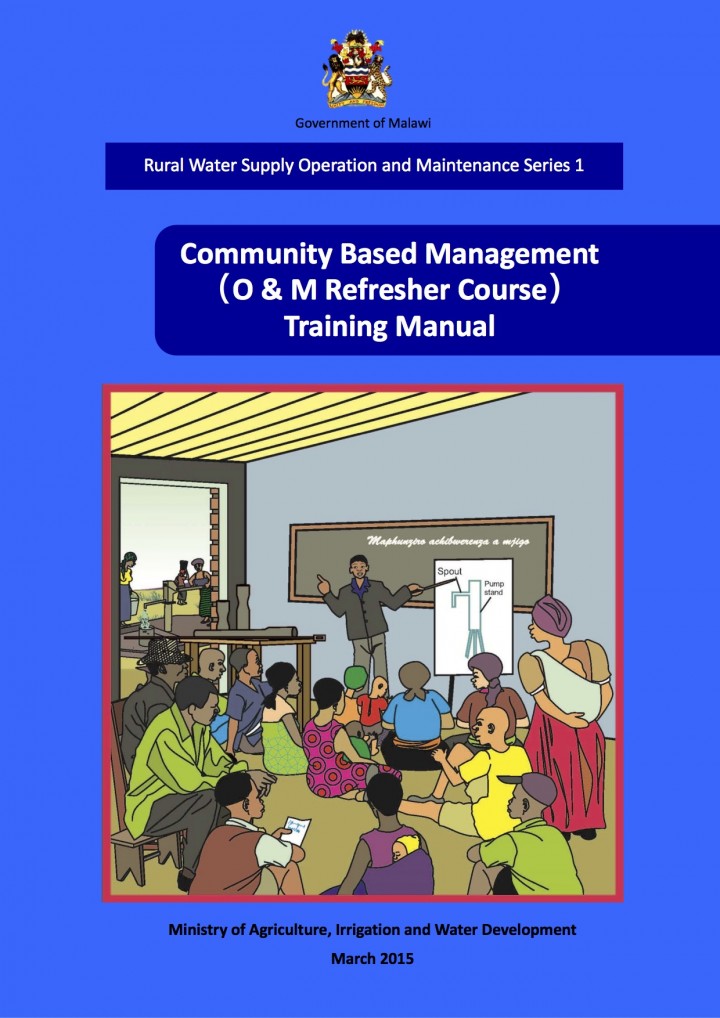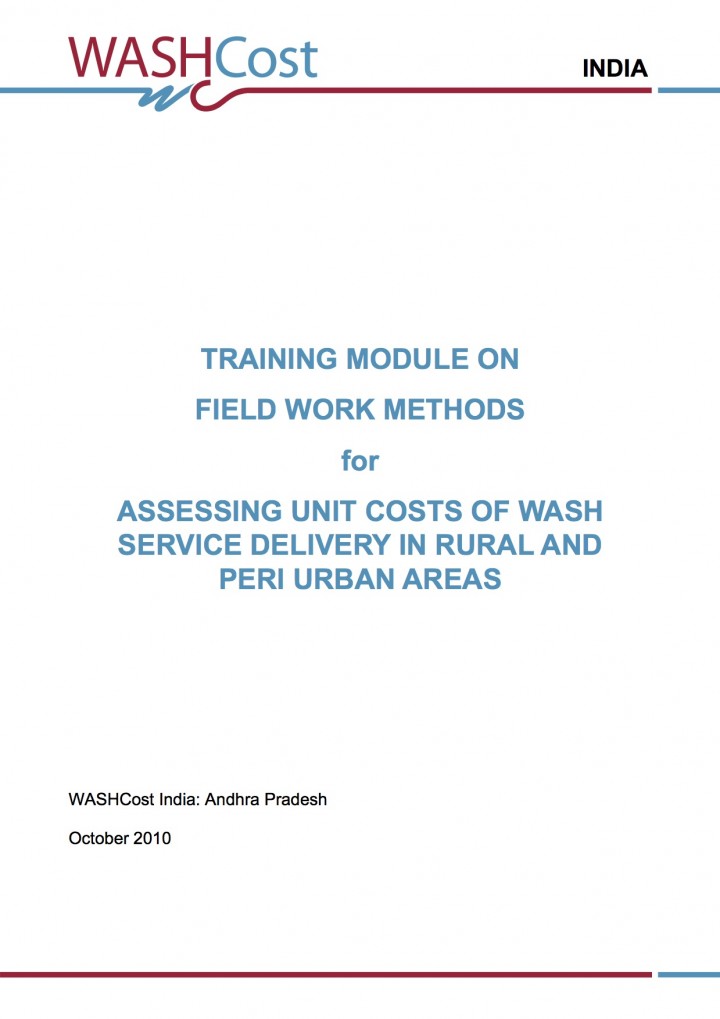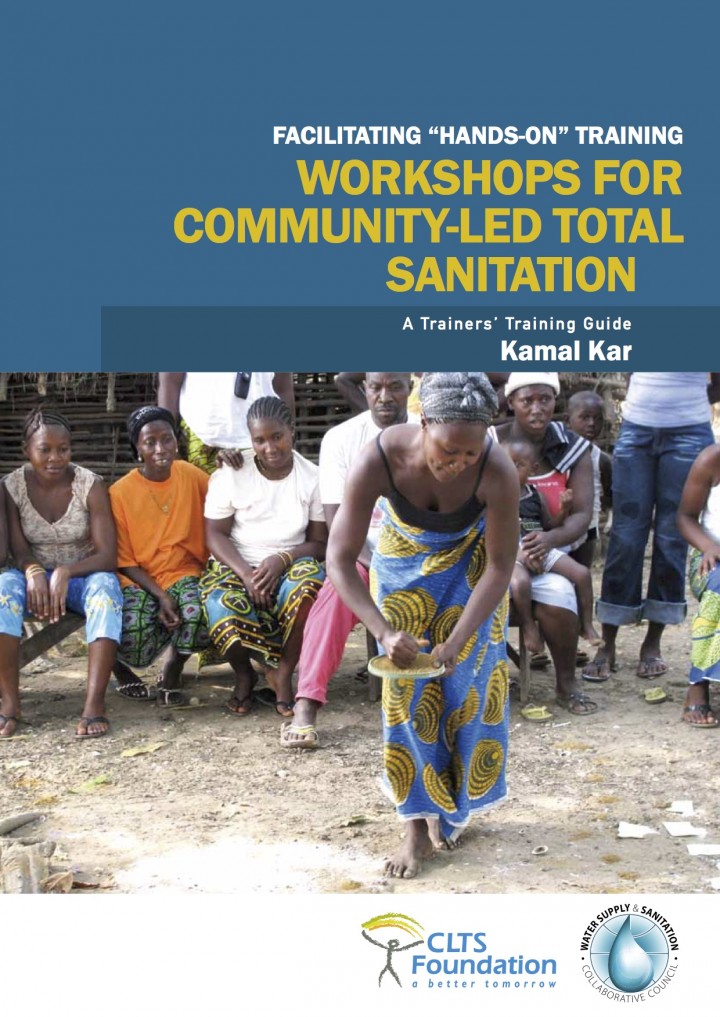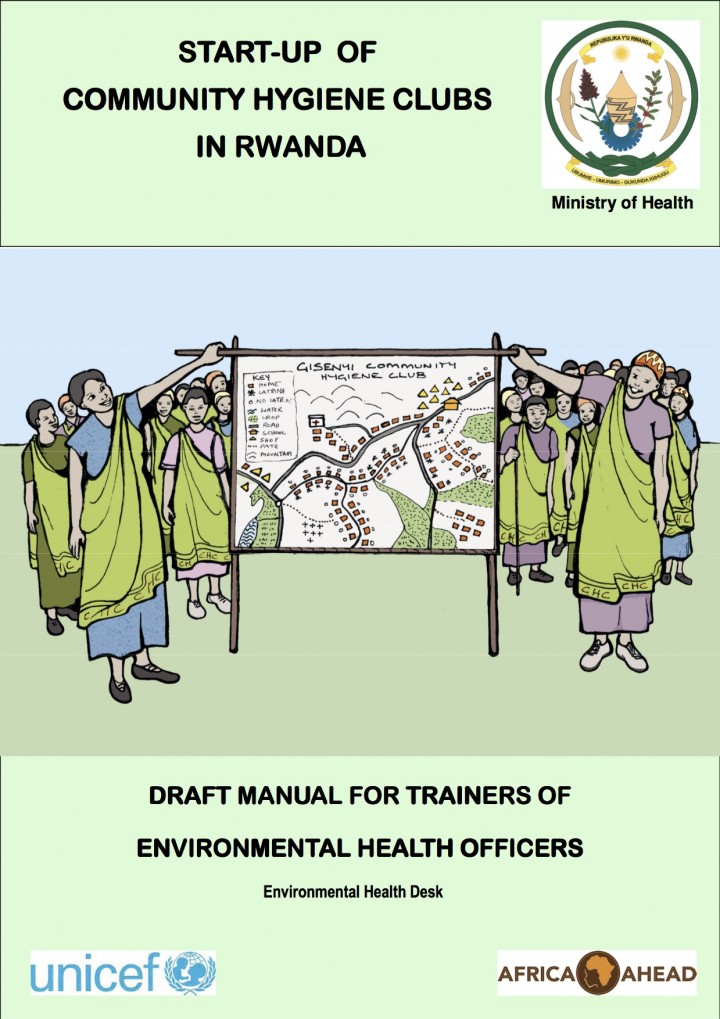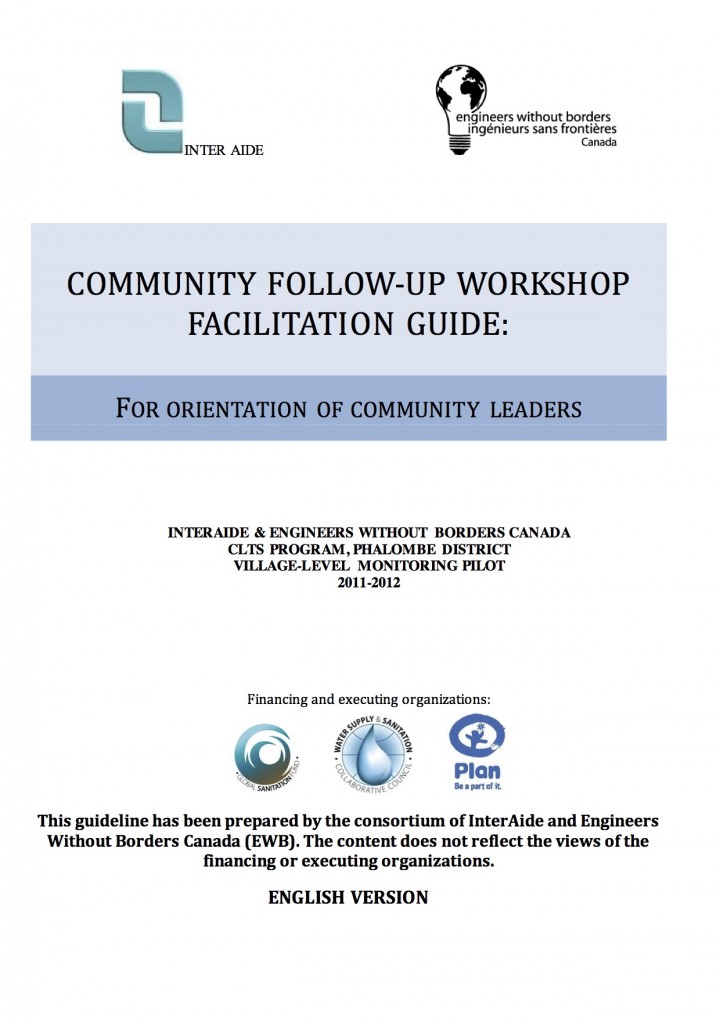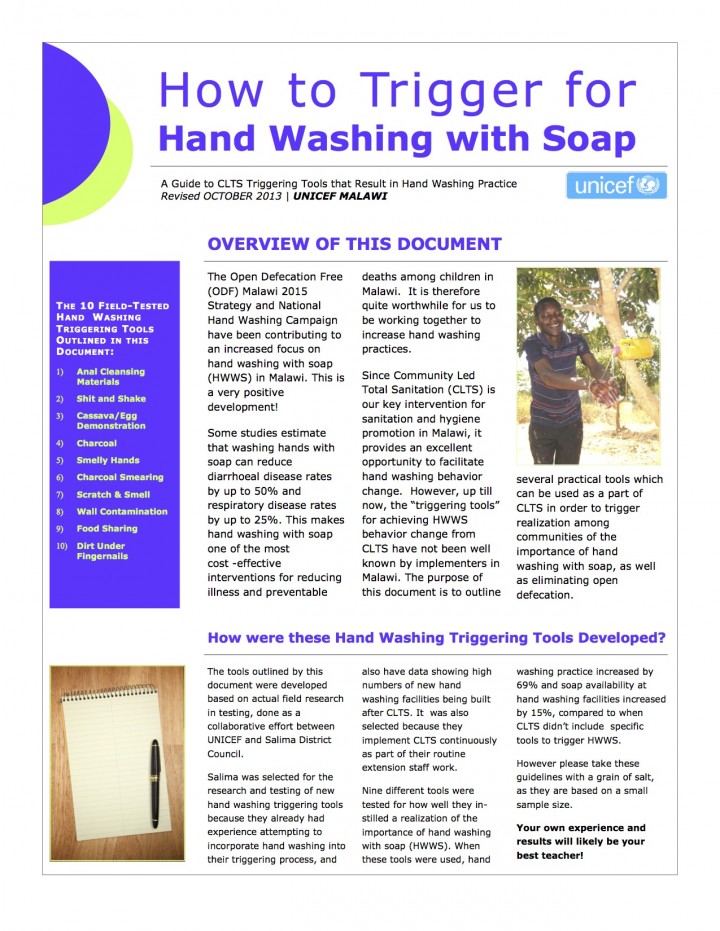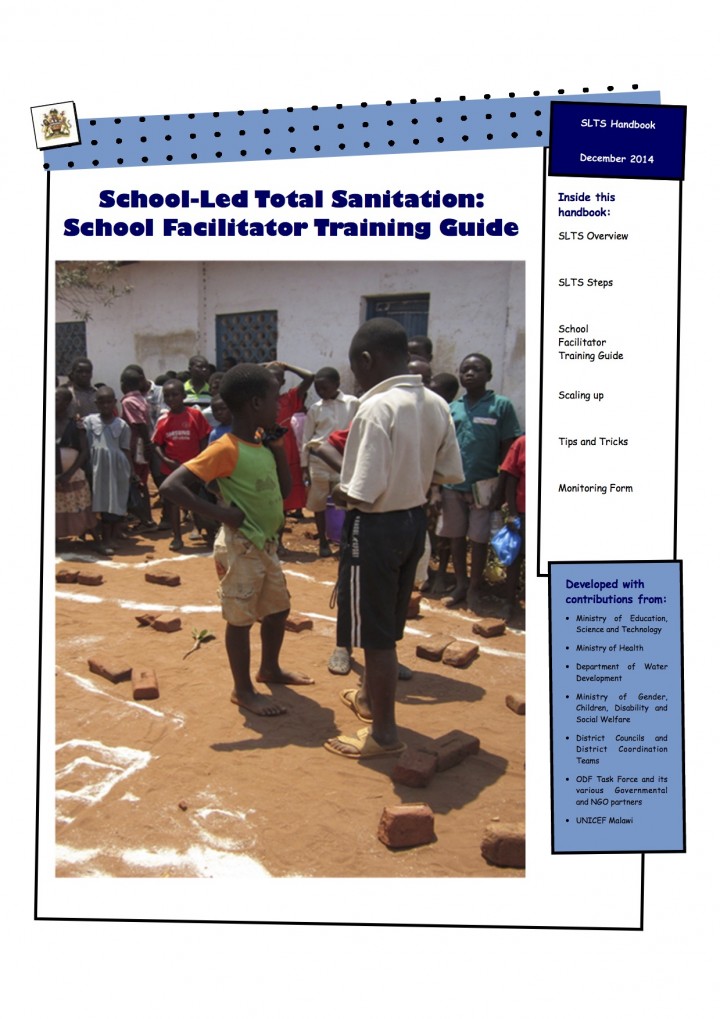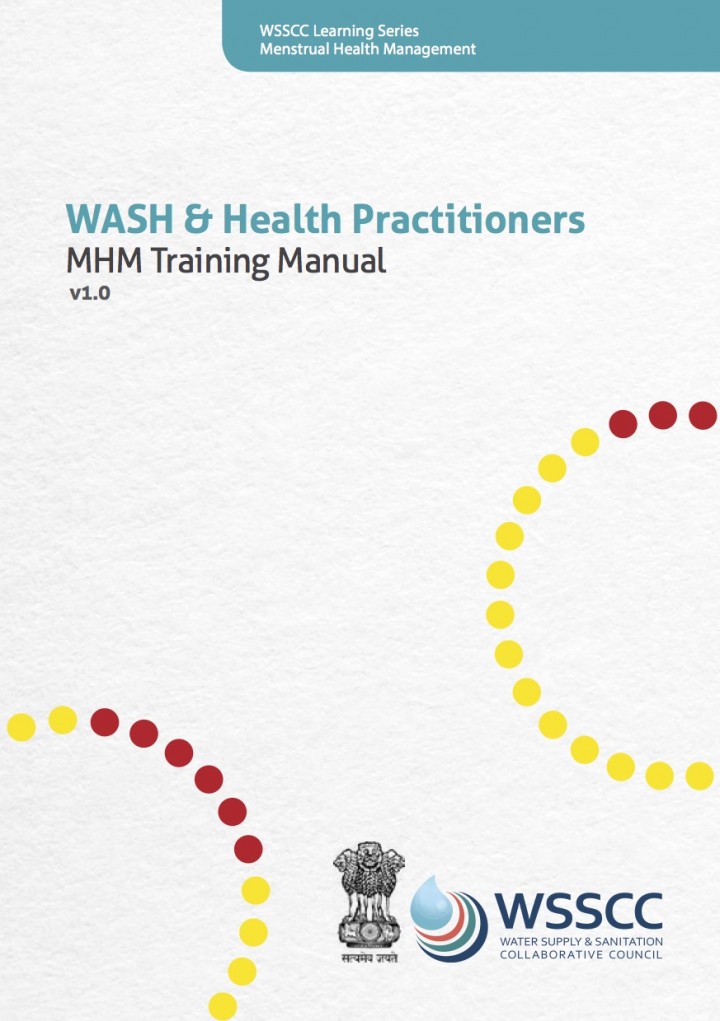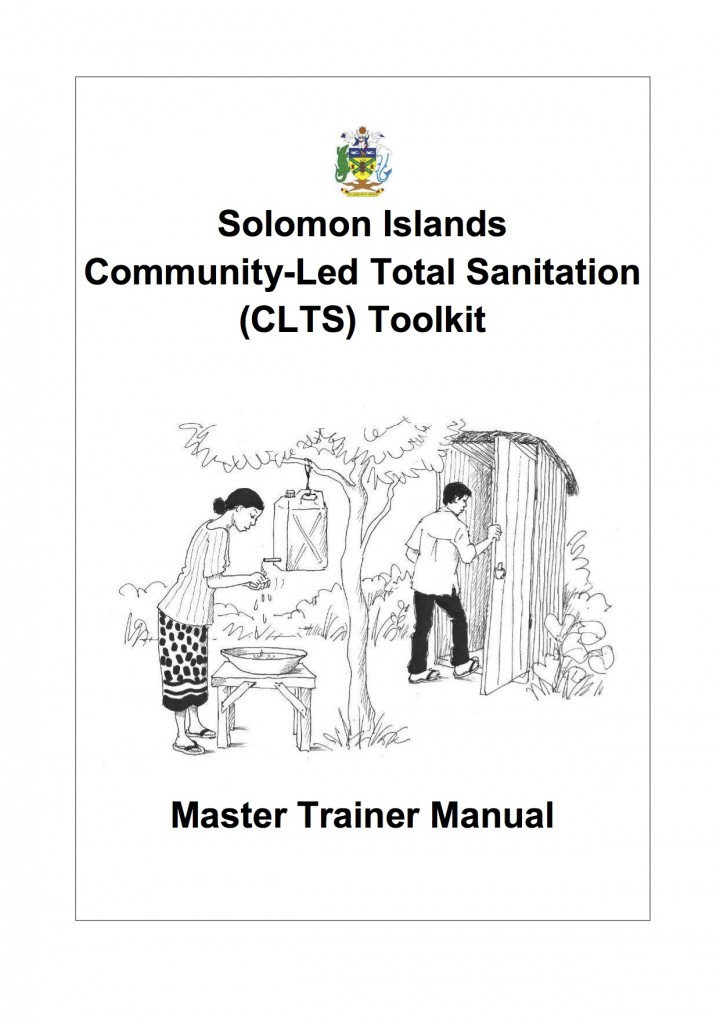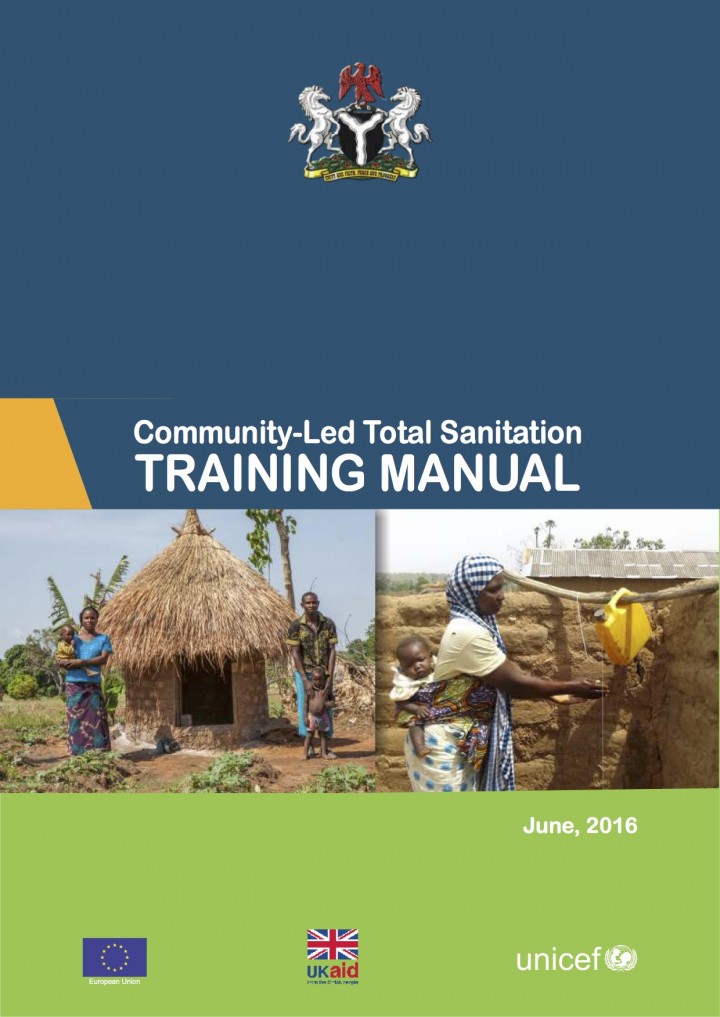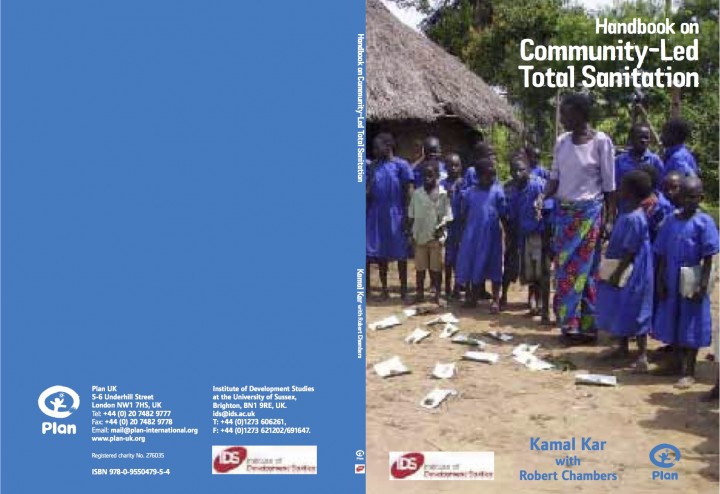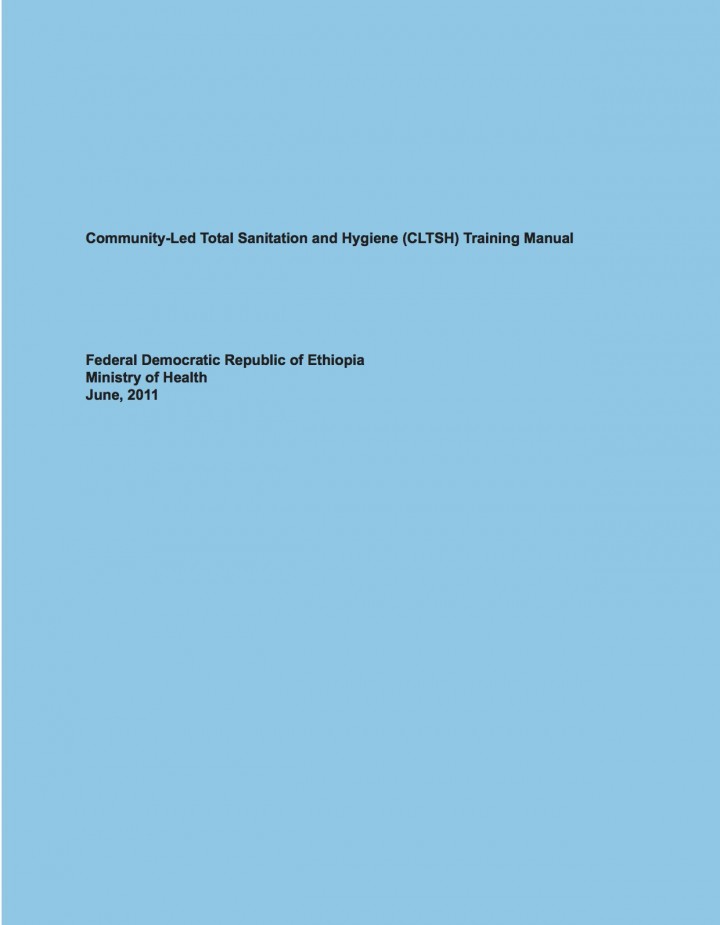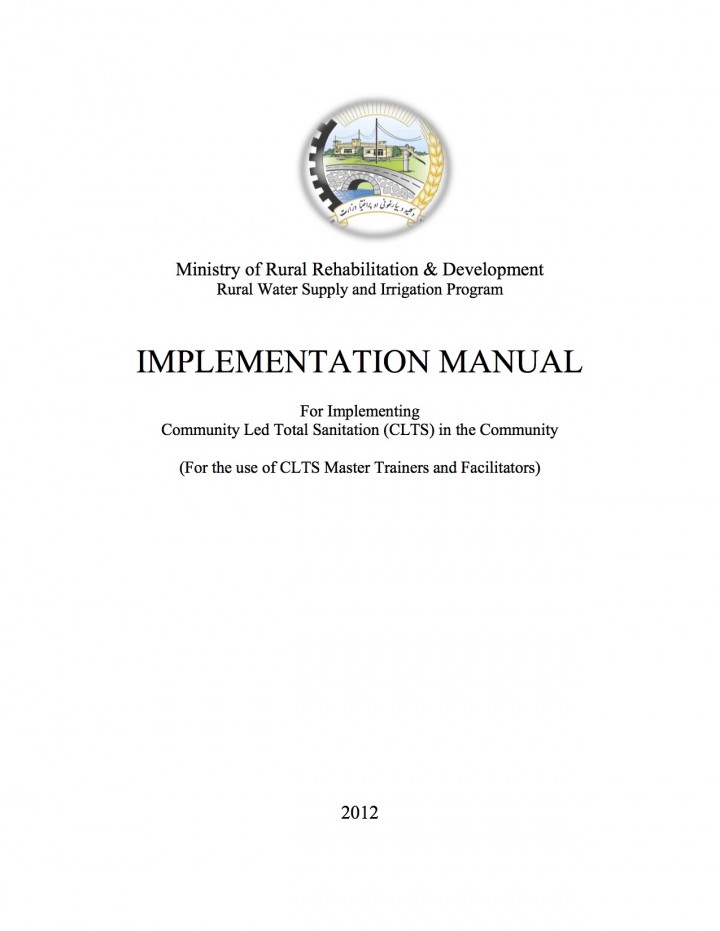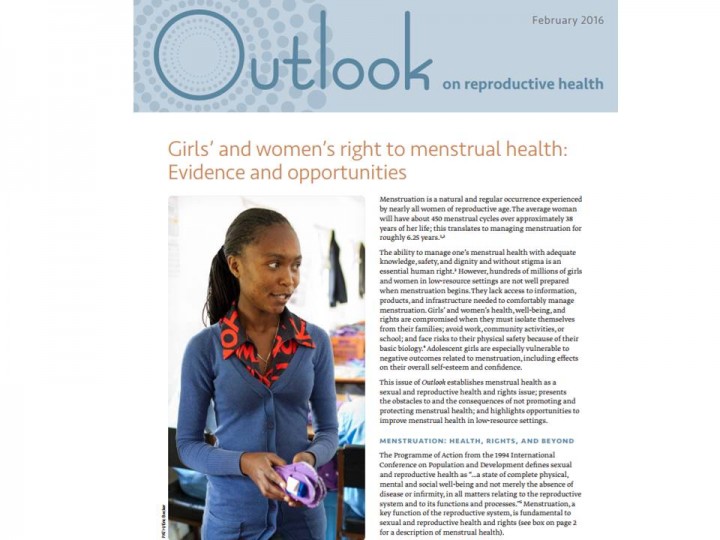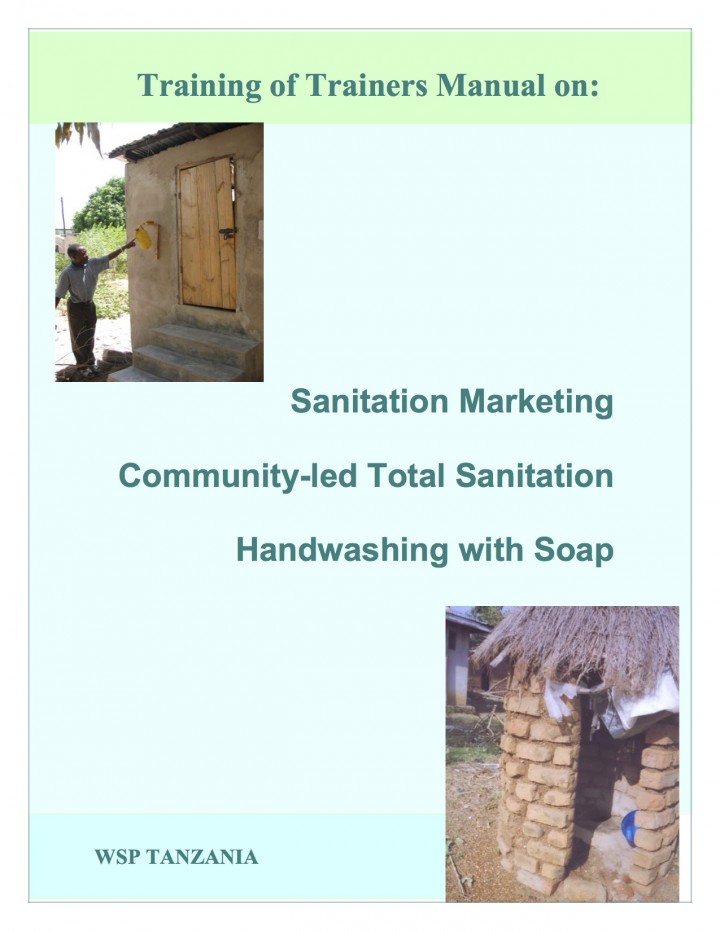Searching for information on Sanitation Workers?
The Sanitation Workers Knowledge + Learning Hub is the best source for all current news, trends, articles and updates on sanitation workers rights around the world.
The “Designing for Behaviour Change” workshop responds to community health managers’ and planners’ need for a practical behavioural framework that aids them in planning their projects strategically for maximum effectiveness. It is built upon the BEHAVE Framework, developed by the Academy for Education Development (AED). The workshop trains participants to apply AED’s BEHAVE Framework to …
This SBCC training was designed for IEC officers working within the Ministry of Health and Family Welfare’s (MOHFW) Information, Education, and Communication (IEC) divisions who oversee SBCC campaigns and programs.
The goal of this training is to increase MOHFW IEC officers’ understanding and application of SBCC processes and principles toward strengthening their ability to design, …
The Trainer’s manual provides all the instructions and technical materials needed to conduct a three day training course for trainers (ToT) and a two day training course for community-based volunteers on BCC. The manual has a companion publication, the Volunteer toolkit, which con- tains key messages, short guides and other tools that will be handed out to training participants and used by …
Training manual on monitoring in the Sanitation, Hygiene and Water project in Indonesia.
A training of trainers for SHAW partners on performance monitoring was conducted in September 2013 in East Indonesia. The training modules developed for the TOT are compiled in one manual.
The objective of this course is to equip partners with the necessary knowledge, skills and attitudes to effectively assist communities in designing and constructing culturally appropriate latrines. This course is meant to be implemented in conjunction with additional Lifewater; together these courses will build the capacity of partners and communities to achieve adequate sanitation.
The overall goal of the training manual is to present to latrine artisans basic steps and techniques required to construct a sustainable toilet.
At the end of the training, latrine artisans will be able to:
understand the need for a latrine
identify and select appropriate toilet technologies
construct some common toilet technologies
It is hoped that the hand book will guide Biogas Construction Enterprises (BCEs) in developing appropriate business and marketing plans in order to increase the revenue as well as guiding BCEs in management and operational
issues. The Hand Book will guide BCEs on key issues of financial procedures and internal controls. The Hand Book will also serve as a guide for any small to medium size …
The aim of this capacity building programme is to improve the ef ciency and positive impact of urban, community-managed water and sanitation schemes. The manual was originally developed in collaboration with the Dar es Salaam Water and Sewerage Authority’s (DAWASA) Community Water Supply and Sanitation Program (CWSSP); but some of the material is applicable to other urban communities who may …
Currently, the community based management (CBM) training is provided to the beneficiaries only when the water supply facilities are first constructed (before and after construction). However, several years could pass after construction before the water supply facilities begin to deteriorate and break down, requiring maintenance. Therefore, it is likely that, for a few years after construction, …
The WASHCost Project aims at improving sustainability, cost efficiency and equity of WASH service delivery in rural and peri-urban areas by identifying the factors influencing costs at each stage of WASH service delivery life cycle. In order to achieve the overall aim of WASHCost project, the methodologies designed for tracking inputs on WASH service delivery system are largely tested in test bed …
This facilitator's guide is one of the three components of the WASH Governance Training Programme, which aims to help capacity builders, facilitators and trainers to support the WASH sector in African countries. The other components are a set of training modules and a WASH Wall Chart package with a set of interactive labels.
The facilitator's guide provides an overview of the entire programme; …
The Handbook on CLTS describes the basics of CLTS facilitation and is essential and useful material for the field facilitators. This guideline, on the other hand, is written with a focus to meet the requirements of the trainers of CLTS facilitators, and of future CLTS trainers who are not yet experienced CLTS facilitators. The guide can also be used by trainers who wish to train trainers of CLTS …
The Government of Rwanda, through the Ministry of Health, launched the Community-Based Environmental Health Promotion Programme (CBEHPP) on 17th December 2009. The purpose of this programme is to significantly reduce, by 2012, the debilitating national disease burden that currently exists and, in so doing, will contribute significantly to poverty reduction outcomes. CBEHPP will strengthen the …
This manual is meant to act as a guide for facilitators during the implementation of Community Follow-up Workshops as part of a Community-Led Total Sanitation (CLTS) program. Information provided is based on workshops piloted in Phalombe District during the GSF Program from 2011- 2012 by Engineers Without Borders Canada (EWB) and InterAide.
The pilot was a village-level monitoring strategy …
Since Community Led Total Sanitation (CLTS) is our key intervention for sanitation and hygiene promotion in Malawi, it provides an excellent opportunity to facilitate hand washing behavior change. However, up till now, the “triggering tools” for achieving HWWS behavior change from CLTS have not been well known by implementers in Malawi. The purpose of this document is to outline several …
Despite massive efforts by governmental and NGO partners and other development agencies toward ODF Malawi by 2015, there are still a lot of works to be done. The ODF Malawi National Strategy addresses School-Led Total Sanitation (SLTS) as an effective approach to create ODF communities. It takes the dynamics of children into consideration as Agents of Change in triggering and monitoring good …
This manual was developed to sensitise WASH and health practitioners to the various issues associated with menstrual hygiene management. It equips professionals with important information, skills and tools for communicating with a variety of stakeholders, which can help them to promote menstrual management practices in their communities. By guiding participants through the step-by-step learning …
The Solomon Islands Community-Led Total Sanitation (CLTS) Toolkit is one of the manuals developed for the Rural Water Supply, Sanitation and Hygiene Program in the Solomon Islands. It will be used to guide CLTS Facilitators, and others working with villages, to trigger village action on taking control of sanitation and hygiene within their villages. Any organisations that are doing CLTS in …
This training manual is meant to provide a guide for Master Trainers/Trainers of CLTS trainers and facilitators at national and sub-national levels. The manual provides step by step approach of conducting CLTS training workshops and can be adapted to suit specific situations based on target audience and their level of involvement in CLTS implementation.
The manual was reviewed and finalized at …
This handbook has been developed from experiences with Community-Led Total Sanitation (CLTS) since December
1999. These have been in Bangladesh, India, Cambodia, Indonesia, Mongolia, Nepal, China and Pakistan in Asia; in
Uganda, Zambia, Ethiopia, Tanzania, Kenya and Sierra Leone in Africa; in Bolivia in South America; in Yemen in the
Middle East; and in other countries. Users of this handbook …
The heart of the program is about “triggering” or “igniting” communities to change their hygiene and sanitation habits, namely by constructing and using latrines instead of defecating in the open. In Ethiopia, CLTS was the precursor to CLTSH, a modified version that has an added hygiene component. As with its predecessor, CLTSH functions without subsidies and has as its primary goal the …
CLTS is a new approach in Afghanistan; and all stakeholders should become familiar with how it is implemented. CLTS component has been successfully implemented in various developing nations throughout the world; however, there was an urgent need how to adapt this approach to fit the societal and cultural aspects of in Afghanistan. MRRD is pleased to have this opportunity to develop this manual …
This issue of Outlook establishes menstrual health as a sexual and reproductive health and rights issue; presents the obstacles to and the consequences of not promoting and protecting menstrual health; and highlights opportunities to improve menstrual health in low-resource settings.
Key Messages:
• Inadequate sanitation and hygiene adversely impacts human well-being.
• In Tanzania basic latrine coverage is high but this still constitutes inadequate
sanitation
• Some families continue to defecate in the open
• Handwashing with soap is not practiced consistently or at the key junctures.
• WSP is implementing a project to scale up access to improved sanitation …

